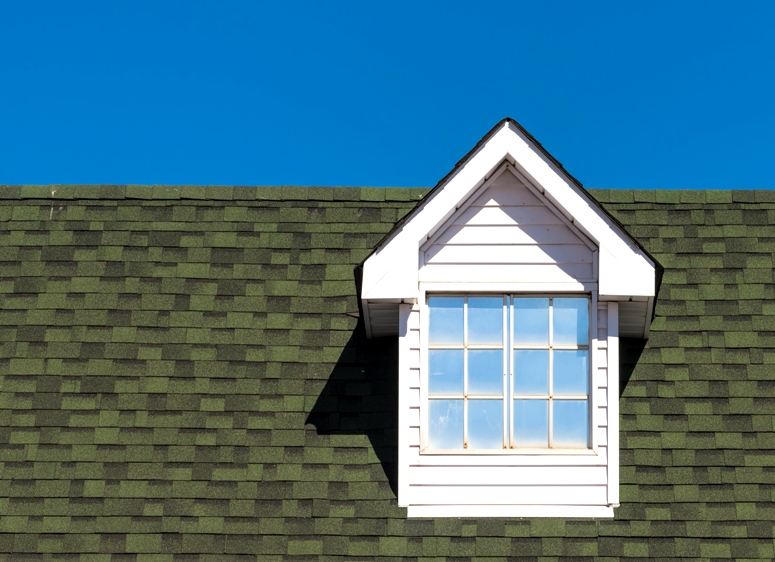Insulation for dormer room and dormer loft 
This page contains our guide to insulate the dormer window, or dormer loft, to reduce outside noises such traffic noise and other ambient noises. We give some tips on how to insulate the dormer and which products to use. If you have any questions afterwards, just let us know, advice is always free and we’re happy to help you in anyway possible.
Insulating the dormer room
Almost all dormer lofts are made of light materials, such as plywood, or something similar. Light building materials do not insulate or isolate noise that well, because of the lack of mass. The sidewalls and the ceiling or roof of the dormer needs to become heavier, you need to add mass to insulate noise from outside. If you come across hollow spaces, in the ceiling or roof most likely, you can fill these cavities with Acoustic Cotton Wool. This material absorbs noise in empty voids and insulates cold and heat.
Products to insulate the dormer:
- Isomat KE, preferably the 14 kg version
- Stauf Extreme Tack, glue
- Acoustic Cotton Wool
Take the Isomat KE and apply a thin layer of Stauf glue on the fiber side of the Isomat sheet. This will not attach the Isomat completely, this thin layer of glue is to make sure that the layers can’t resonate apart from each other. It might hold for a short while, but you will need to attach the Isomat KE with some staples or short nails on each corner. If you want to insulate the ceiling of the dormer you best apply the Isomat to a layer of plywood and attach these layers with layer plywood facing the room, so the Isomat is facing the ceiling.
Isomat needs a finishing layer, we recommend to use plywood to cover up all of the Isomat. You can do this without glue, just use screws or nails to attach the plywood (or plasterboard), you can drive the screws thru the Isomat in to the walls or roof of the dormer. Make sure the screws or nails aren’t too long!
Now you have added mass to the dormer walls and ceiling there should be a fair amount of insulation. If you are still experiencing some outside noises you might want to consider sound insulating windows, a single plain of glass does not insulate that well.
Questions? Do you have questions regarding this topic? Please feel free to contact us, we will be happy to answer all of your question as soon as possible.
Do you have questions regarding this topic? Please feel free to contact us, we will be happy to answer all of your question as soon as possible.

 Sound Absorption
Sound Absorption  Sound Insulation
Sound Insulation  Vibration Isolation
Vibration Isolation  Silent Ventilation
Silent Ventilation  Accessories
Accessories  Thermal & Acoustic Insulation
Thermal & Acoustic Insulation